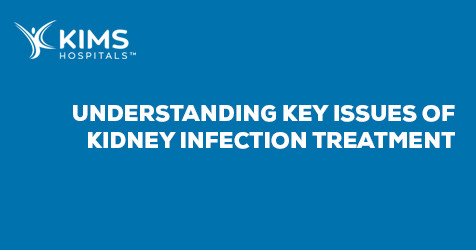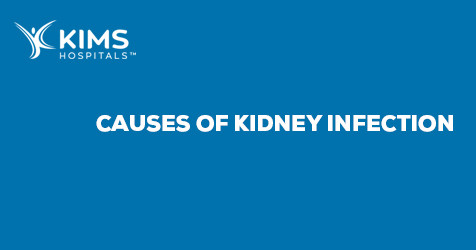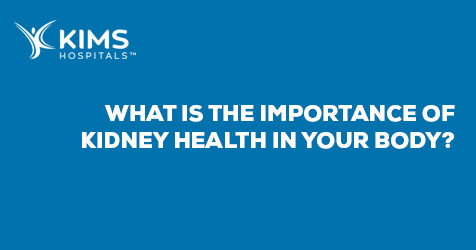DIALYSIS
Dialysis is the medical treatment for people in Stage 5 of Chronic kidney disease. People in stage 5 or End Stage Renal Disease have lost complete kidney function permanently. Dialysis performs the regular functions of healthy kidneys by cleaning blood and removing wastes and excess water from the body. When loss of kidney function is permanent, you must dialyze on a regular basis or receive a kidney transplant in order to stay alive. There are two types of dialysis: hemodialysis and peritoneal dialysis. There are specific criteria our nephrologist will use to determine if you are an appropriate candidate for dialysis. There are some instances where a physician may not recommend dialysis. KIMS Dialysis Clinics are available at KIMS Hospitals Secunderabad and KIMS Hospitals Kondapur.
TRANSPLANTATION
When someone's kidneys stop working they need dialysis or a transplant, or alternatively they can choose no treatment and end-of-life care. Not everyone on dialysis is eligible for transplant but you can talk to your doctor about your options. If your doctor feels you might be a good candidate for a kidney transplant, he or she will refer you to our transplant program where you will learn more about the process and options around kidney transplants. KIMS team works directly with donor families and recipients, health care professionals and related organizations. KIMS has its own Renal transplant program that performs both living and deceased donor transplants for people with end-stage kidney failure.
NUTRITION
Proper nutrition is a vital part of a KIMS Renal Program patient's treatment. Because low-functioning kidneys can't do their job well, waste products can build up in a patient's blood. Adjusting the type of food you eat is one way to help control these wastes. Our patients have access to Renal Dieticians who can advise a patient on what they should and shouldn't be eating.
EXERCISE
Patients currently being treated for kidney disease at KIMS can be referred to our exercise counselling clinic by their health-care provider. The clinic is a great way to get accurate information on how to safely start a new exercise program. The clinic will help you: identify the right level of exercise for your personal fitness and health conditions; set safe goals for your exercise program and connect with the program options that best suit you. Exercise is essential to keeping our bodies and minds healthy. Maintaining an active lifestyle is particularly important for patients with Chronic Kidney Disease (CKD) – it is key to having more energy to do daily activities. Unfortunately people with CKD often become less active. Exercise improves blood pressure; bone density and strength; blood sugar levels and quality of dialysis.










